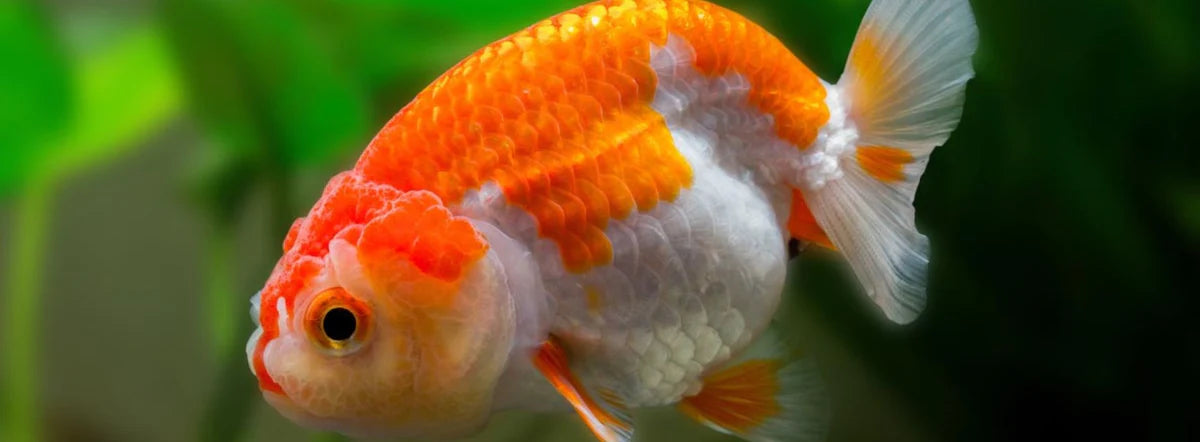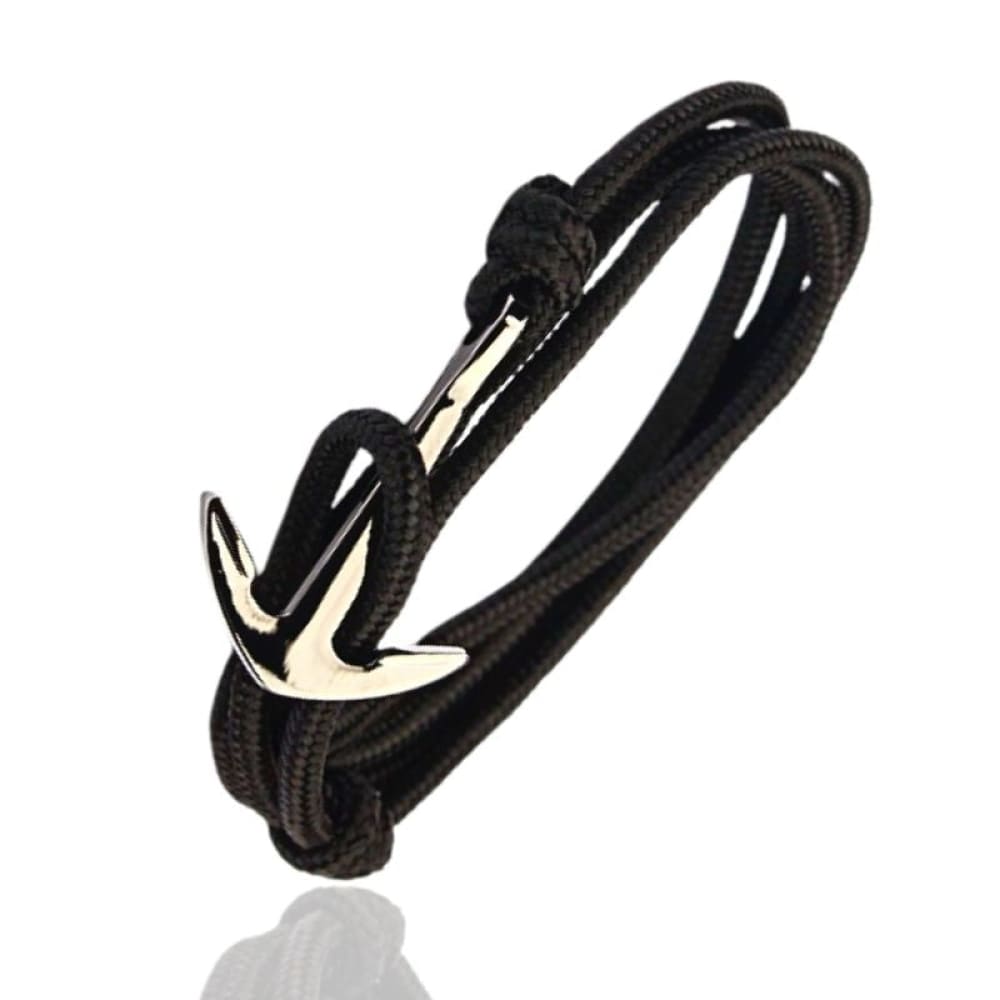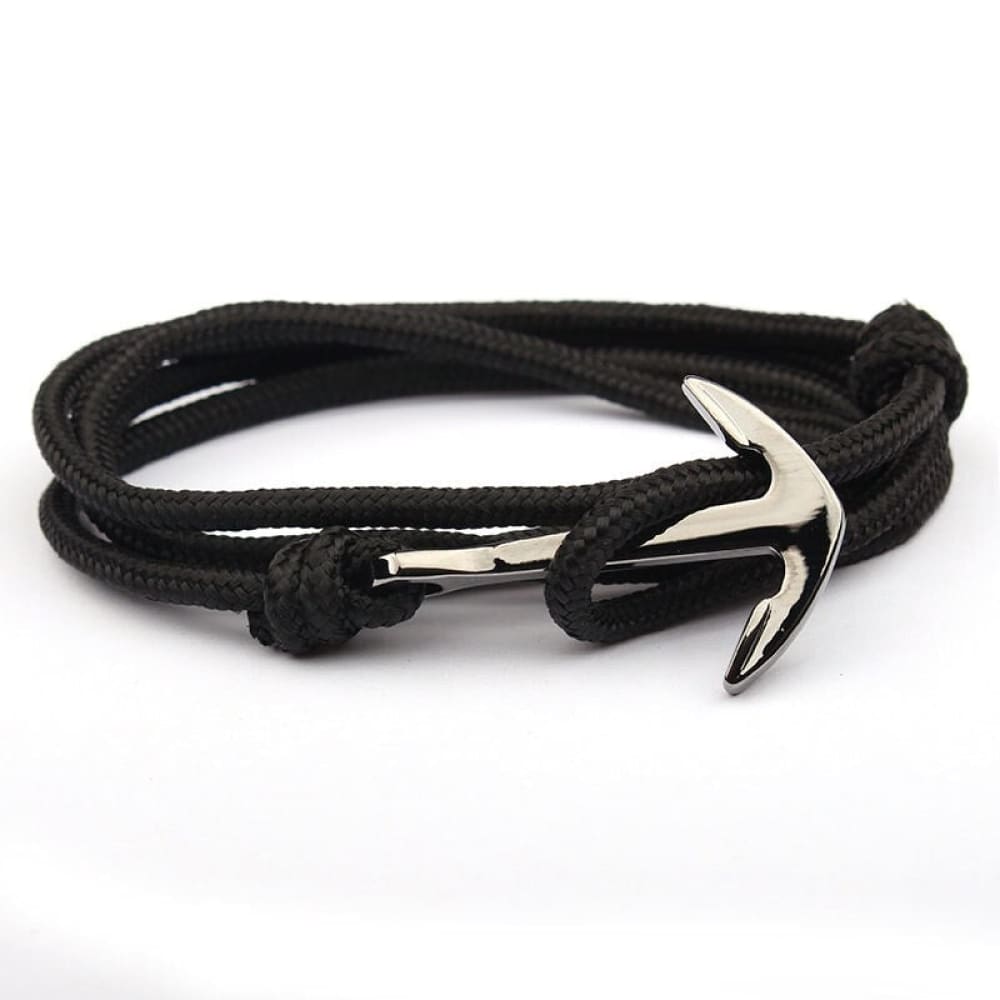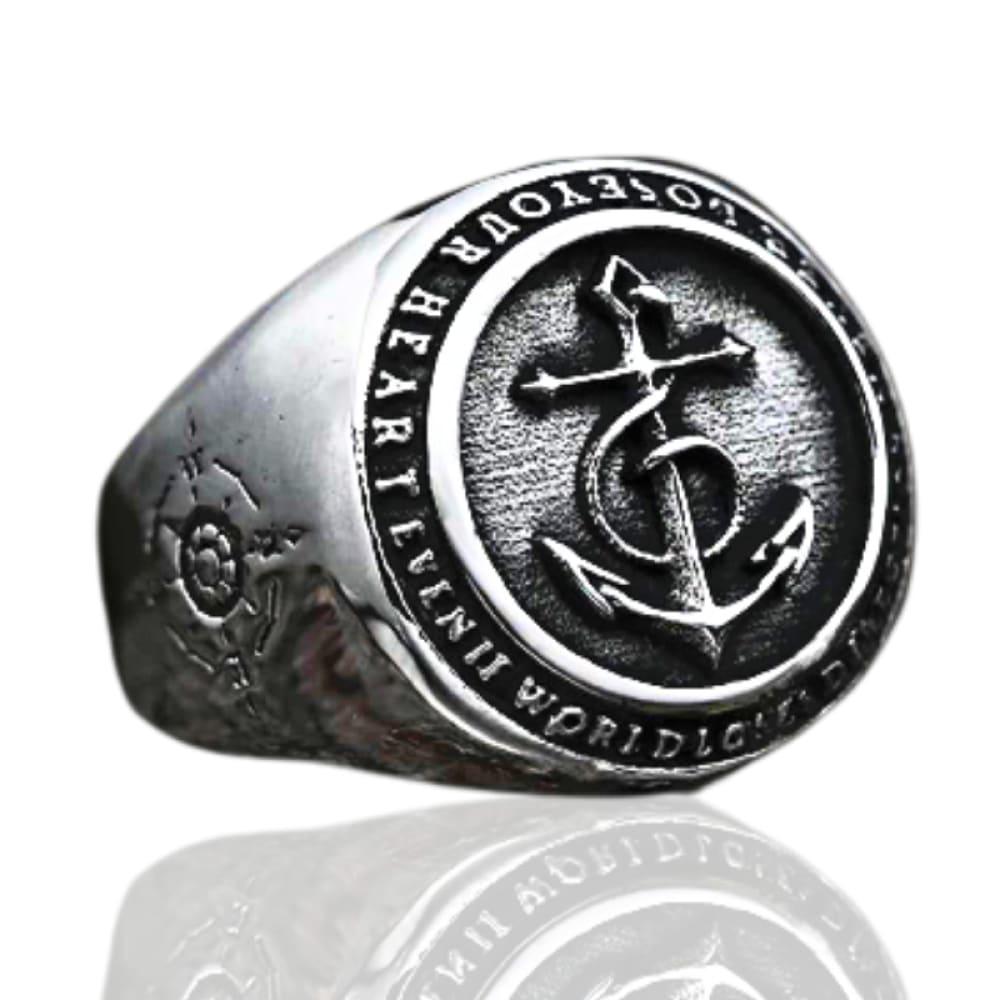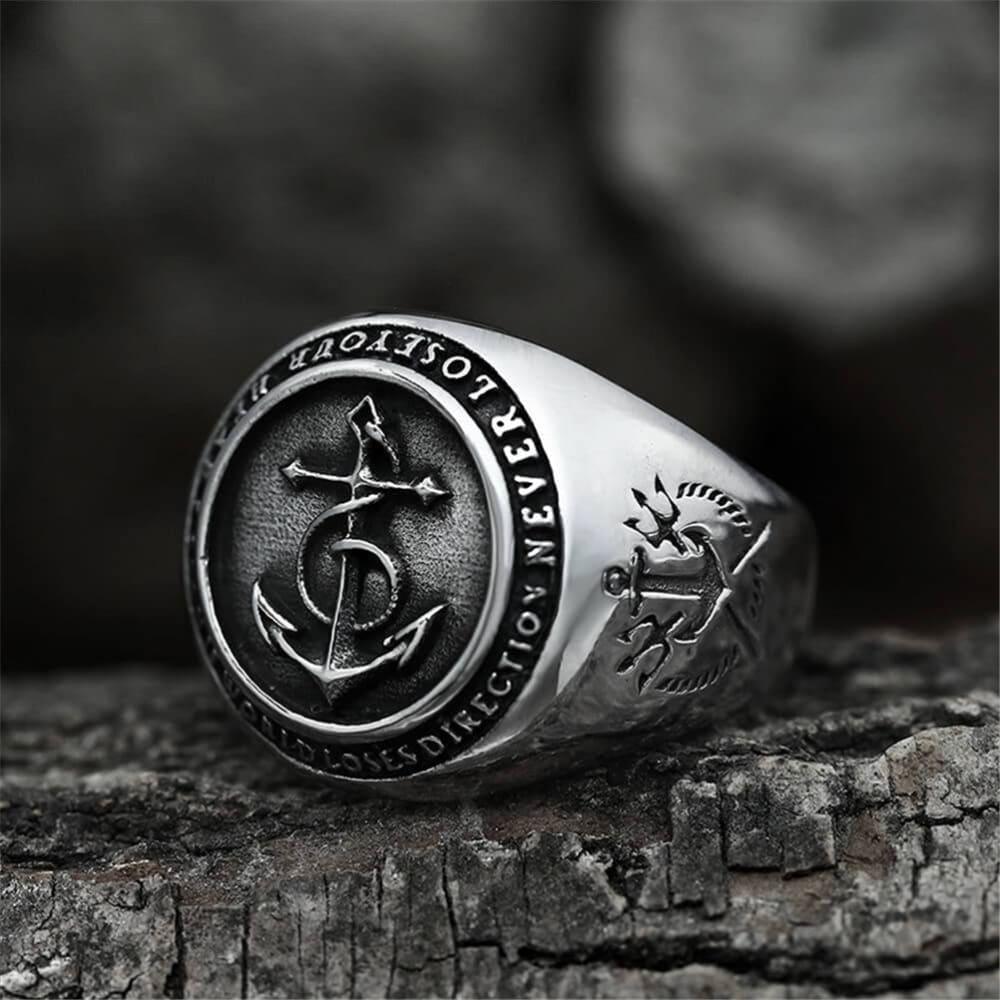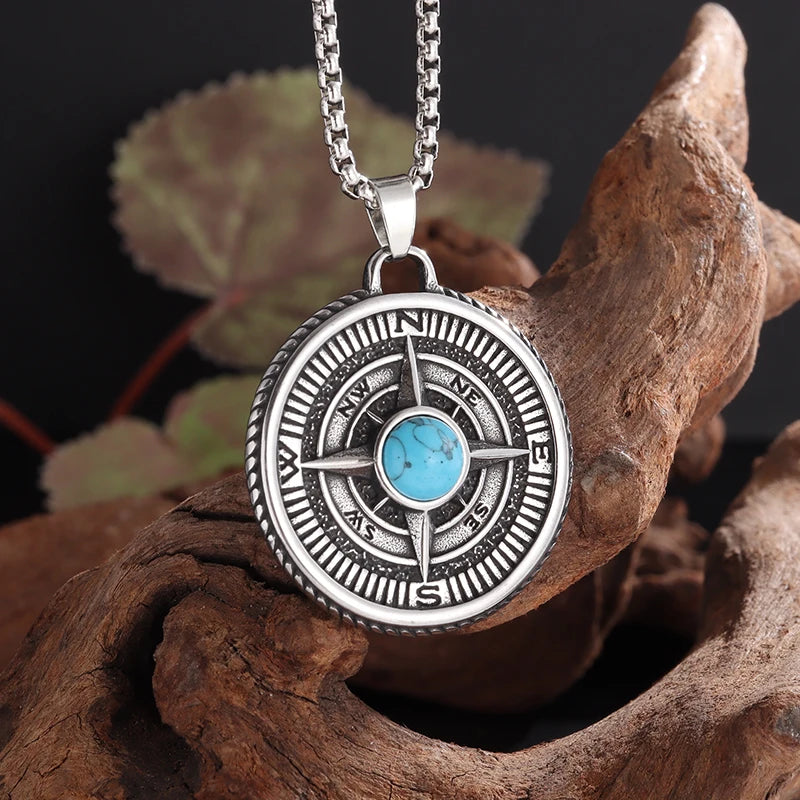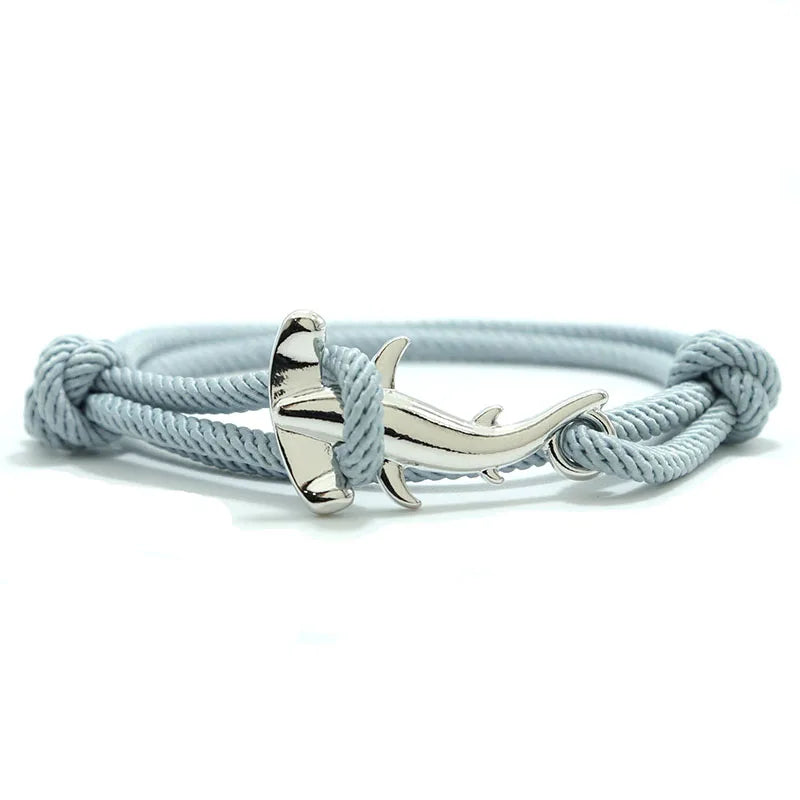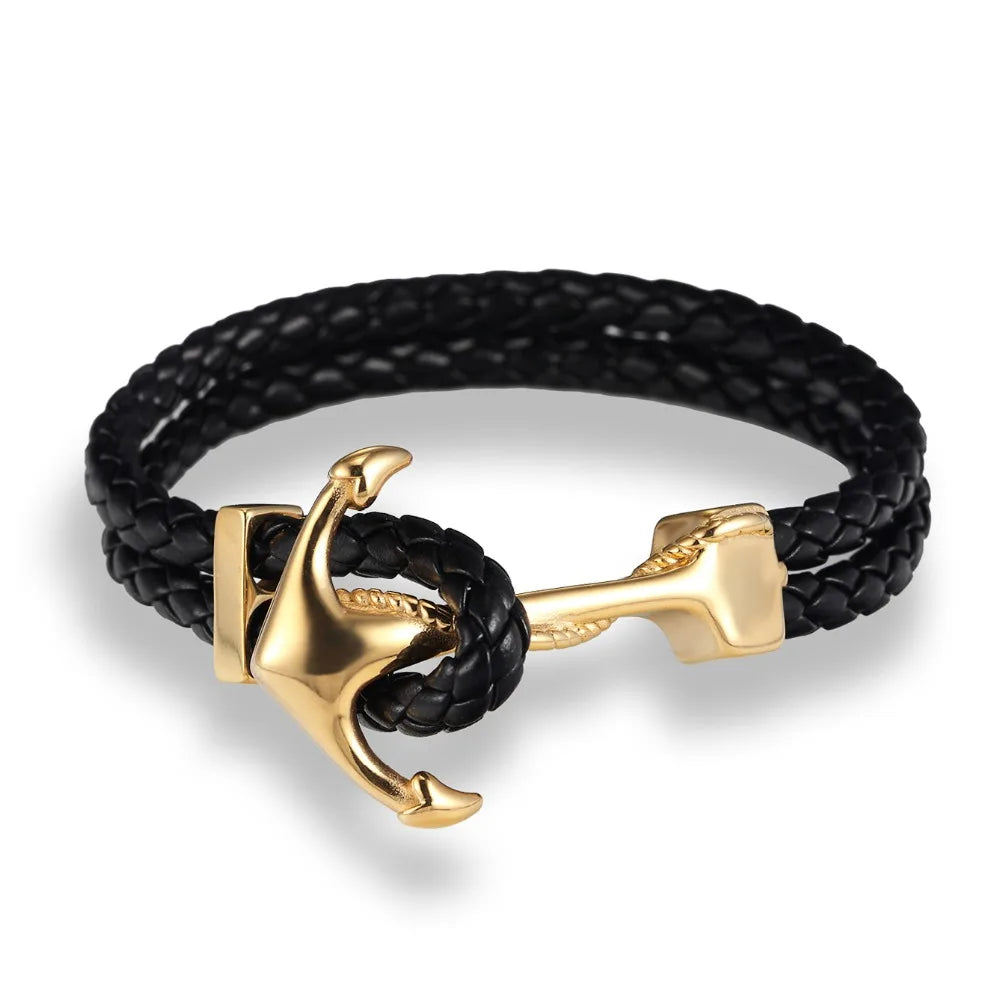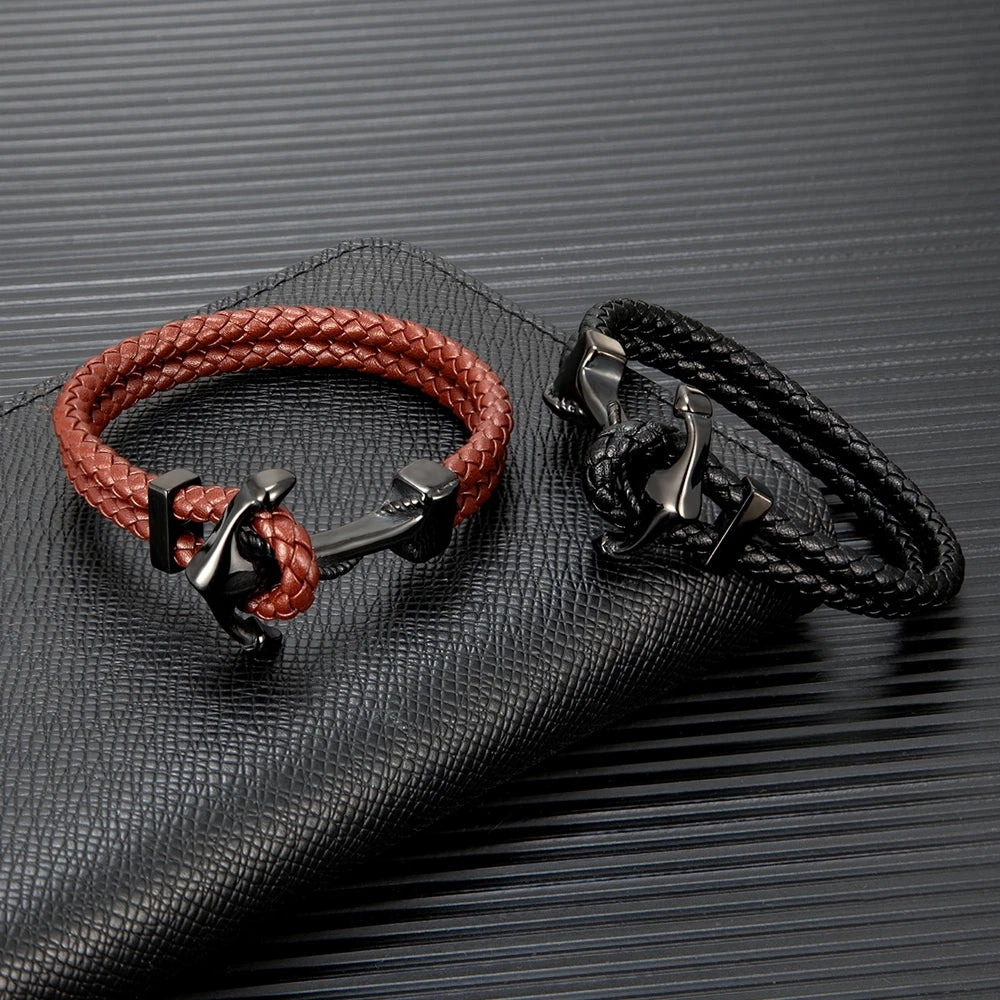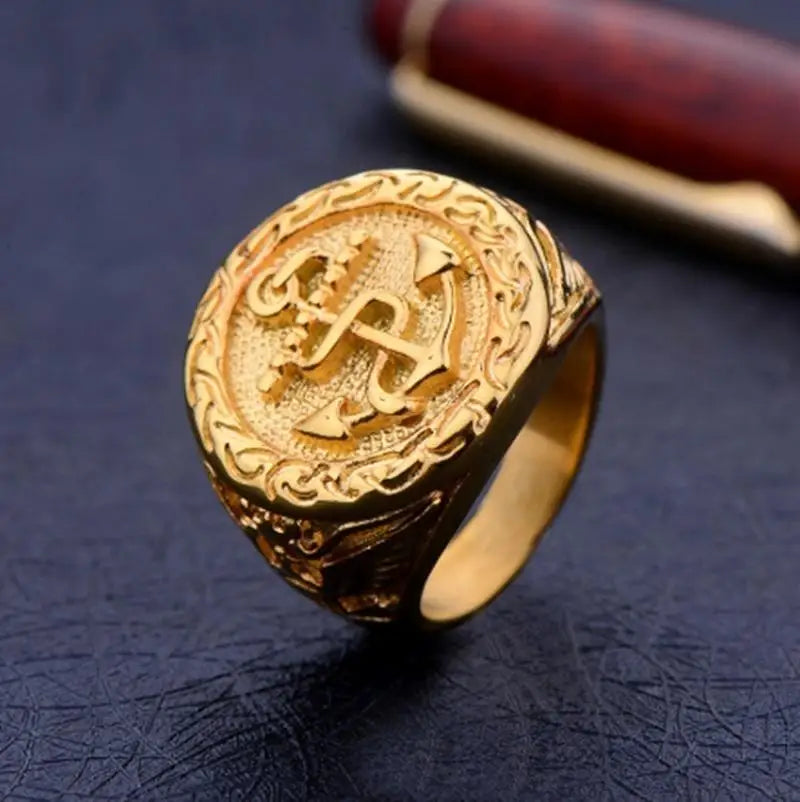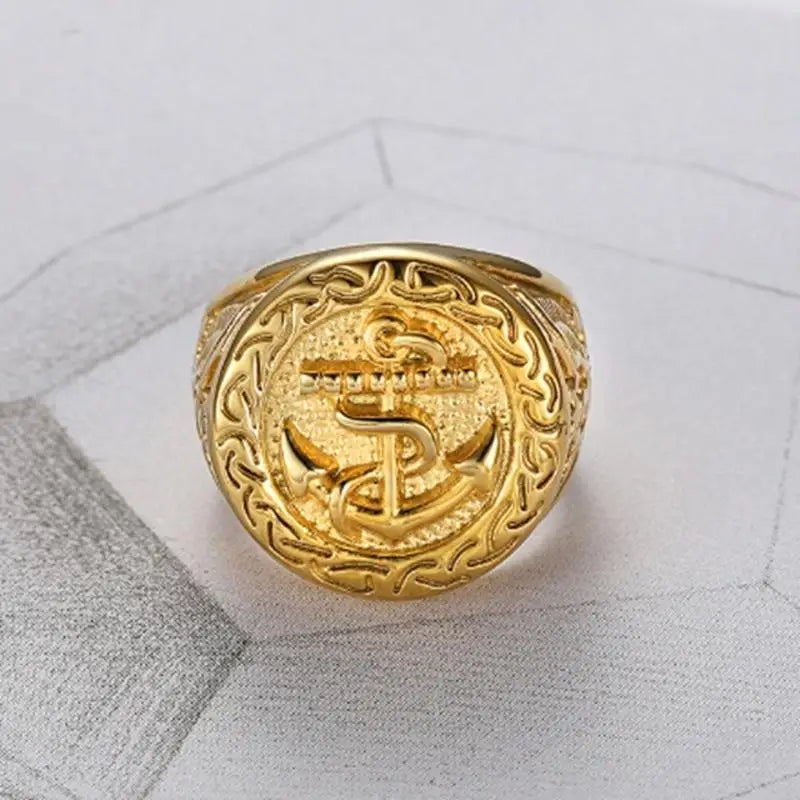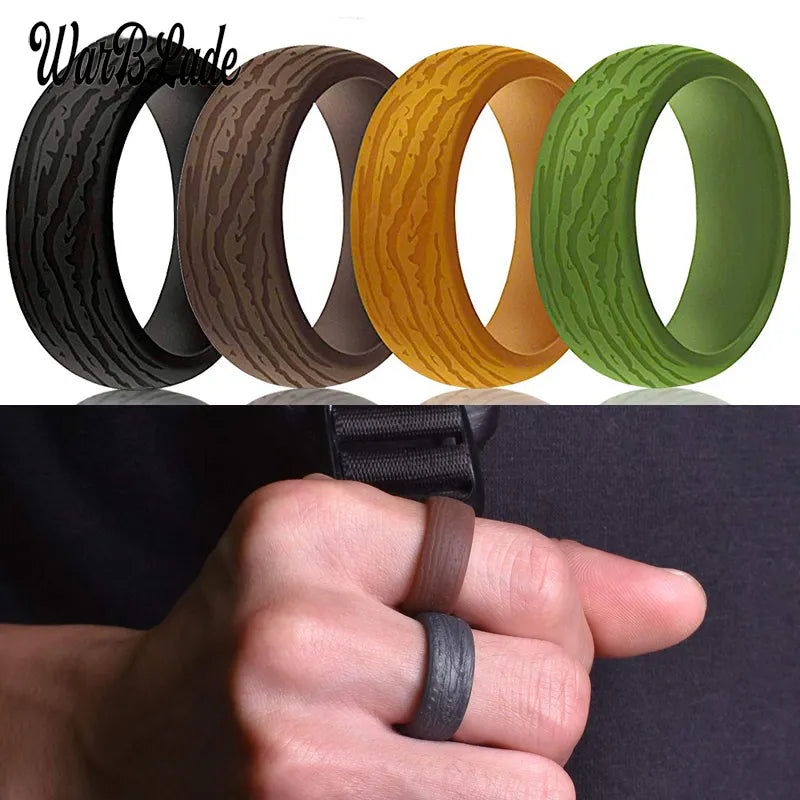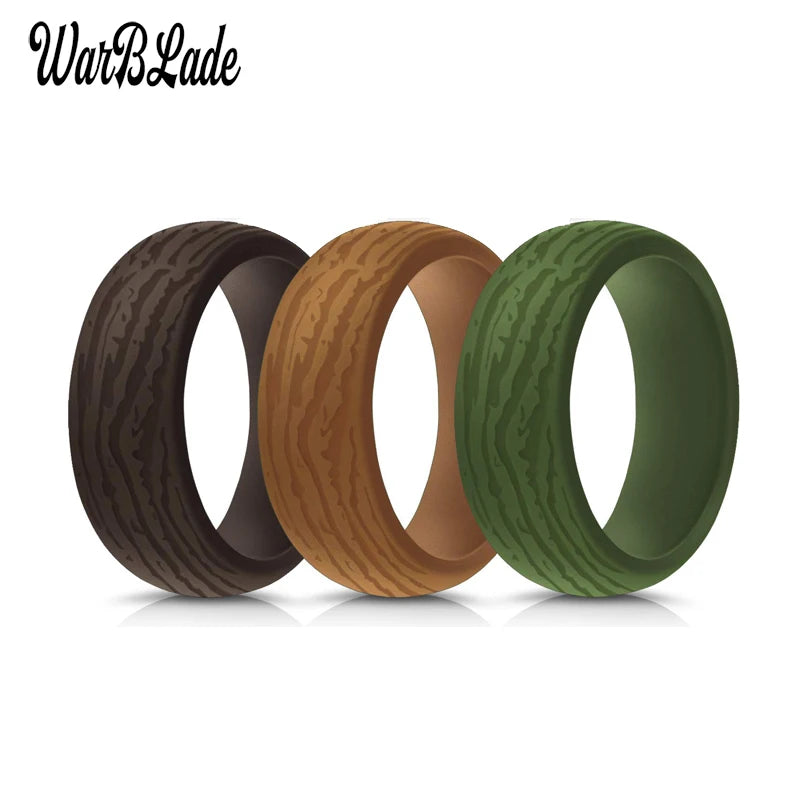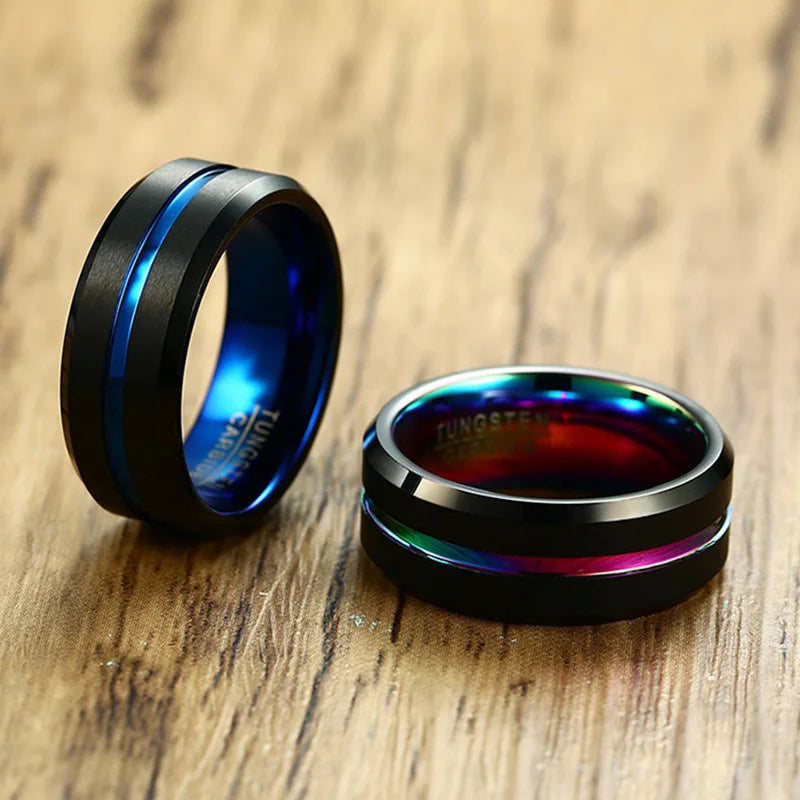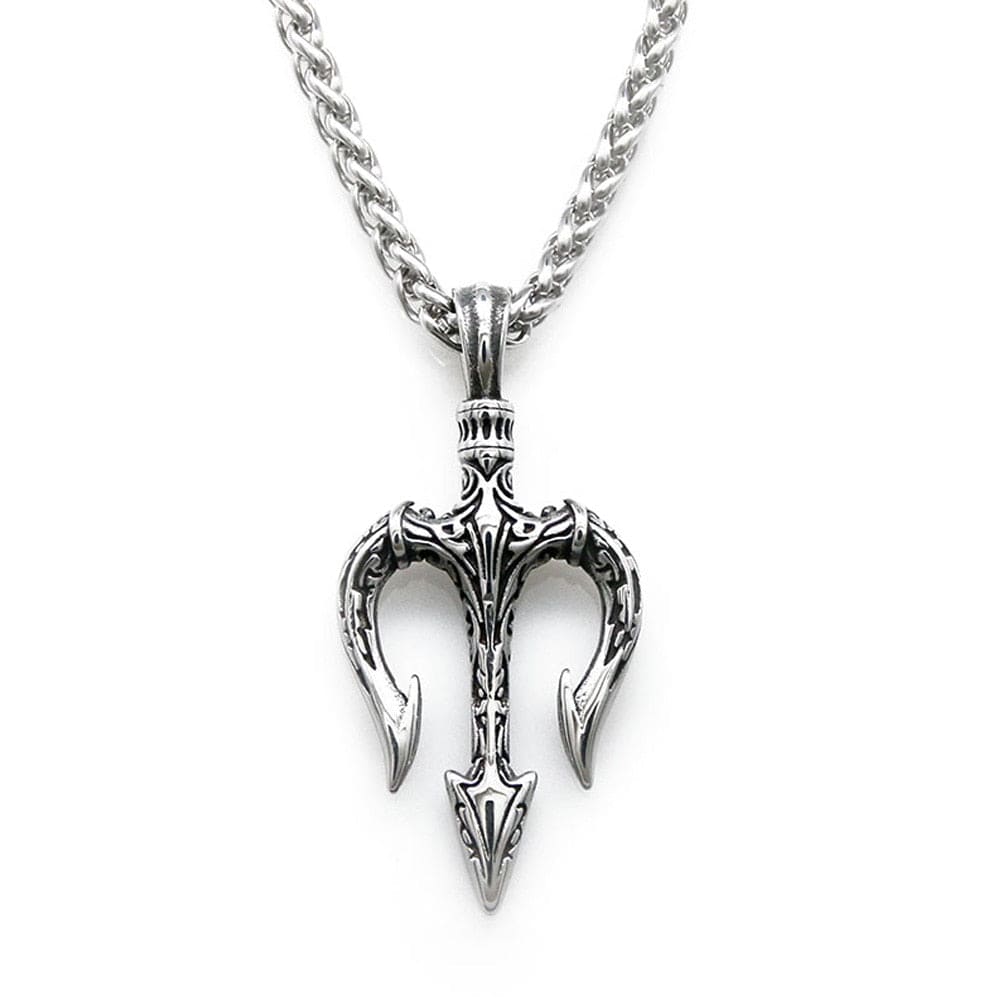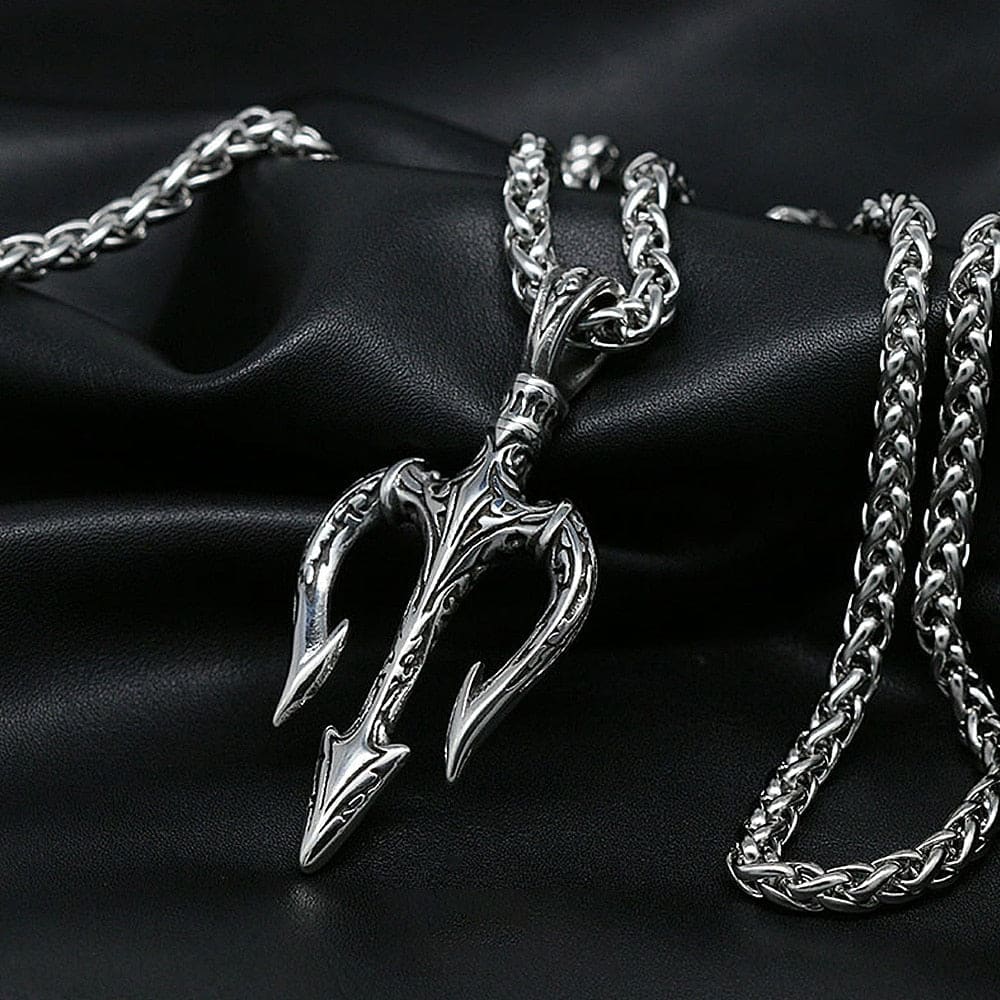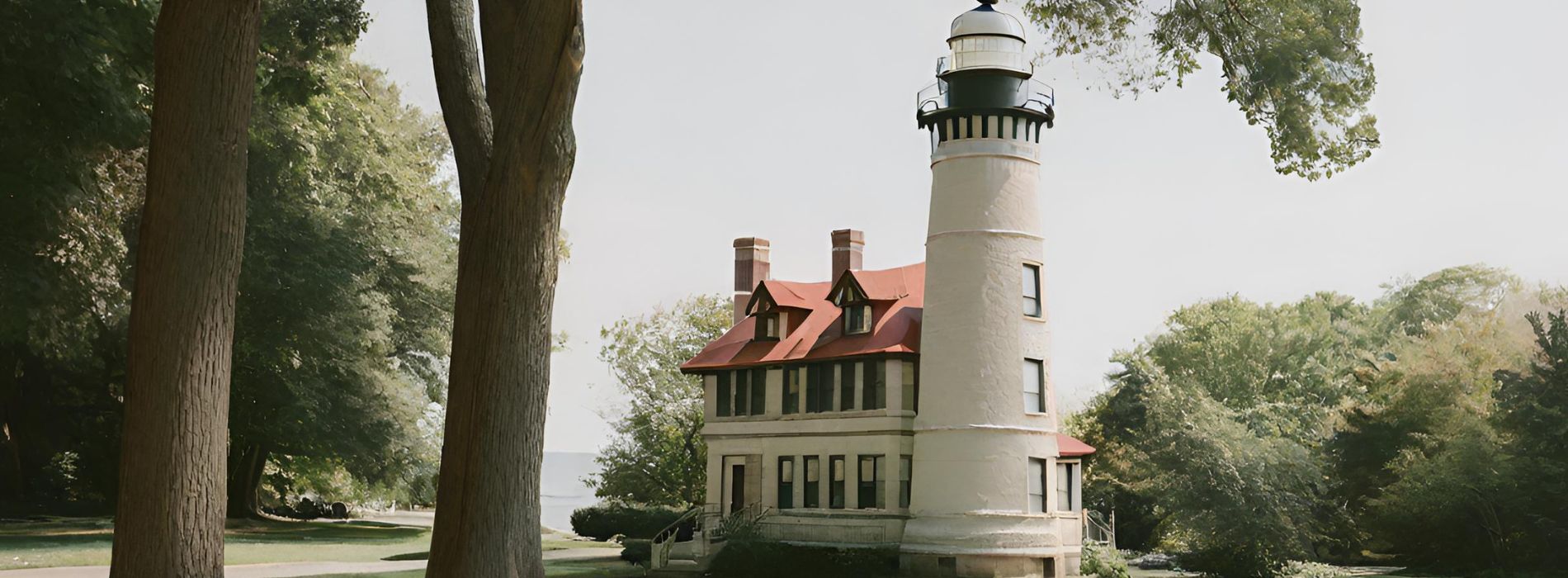Introduction
Ryukin goldfish are a popular choice among aquarists due to their distinctive appearance and relatively easy care requirements. Known for their deep bodies, humped backs, and flowing fins, Ryukins add a splash of beauty and elegance to any aquarium. This blog post will delve into everything you need to know about Ryukin goldfish, from their physical characteristics and behavior to their care requirements and common health issues.
Characteristics of Ryukin Goldfish
1. Physical Appearance
The Ryukin goldfish is easily recognized by its deep, rounded body and pronounced hump on its back, just behind the head. This hump gives the Ryukin its distinctive silhouette, making it stand out among other goldfish varieties. Their fins are usually long and flowing, especially the caudal (tail) fin, which can be double or even triple in length. Ryukins come in a wide range of colors, including red, white, orange, calico, and a mix of these hues. Some Ryukins have metallic scales that add an extra sheen to their already striking appearance.
2. Size
Ryukin goldfish are typically smaller than other goldfish varieties, reaching about 6 to 8 inches (15 to 20 cm) in length, although some can grow larger in optimal conditions. Their compact size and deep body make them appear stockier compared to their longer-bodied relatives.
3. Lifespan
With proper care, Ryukin goldfish can live for 10 to 15 years, with some even reaching up to 20 years. This longevity makes them a long-term commitment for any aquarist.
Ideal Tank Setup for Ryukin Goldfish
1. Tank Size
Despite their relatively small size, Ryukins need ample space to thrive. A single Ryukin should have at least a 20-gallon tank, with an additional 10 gallons for each additional fish. This space allows for proper swimming and growth, as well as reducing the chances of ammonia spikes and other water quality issues.
2. Water Parameters
- Temperature: Ryukins prefer cooler water temperatures between 65°F to 75°F (18°C to 24°C). They can tolerate a range of temperatures, but sudden changes should be avoided.
- pH: The ideal pH range for Ryukin goldfish is between 6.5 and 7.5. They can tolerate slightly acidic to slightly alkaline conditions but aim to keep the pH stable.
- Water Hardness: A general hardness (GH) level of 100-150 ppm is ideal, with carbonate hardness (KH) between 70-140 ppm.
- Filtration: Ryukins produce a significant amount of waste, so a high-quality filtration system is crucial. A combination of mechanical, chemical, and biological filtration will help maintain optimal water conditions.
3. Substrate and Decorations
A fine gravel or sand substrate is recommended to avoid any potential injury to the Ryukin’s delicate fins. When it comes to decorations, opt for smooth, rounded objects and avoid sharp or jagged items that could harm their fins. Plants can be a great addition to a Ryukin tank, but ensure they are either anchored down or in pots, as Ryukins tend to dig around the substrate.
4. Lighting
Standard aquarium lighting is sufficient for Ryukin goldfish. They do not have specific lighting needs, but a consistent day-night cycle will help them maintain a healthy routine.
Feeding Ryukin Goldfish
1. Diet
Ryukin goldfish are omnivorous and require a balanced diet to stay healthy. A high-quality goldfish pellet or flake should form the basis of their diet, supplemented with fresh vegetables such as peas, spinach, or zucchini. Occasional treats like brine shrimp, bloodworms, or daphnia can also be offered to provide additional protein and variety.
2. Feeding Frequency
Feed your Ryukin goldfish small amounts 2 to 3 times a day. It’s important not to overfeed, as uneaten food can quickly pollute the water and lead to health problems. A general rule of thumb is to feed them only what they can consume in about 2-3 minutes.
Behavior and Compatibility
1. Temperament
Ryukin goldfish are generally peaceful and do well in a community tank with other similarly sized and tempered fish. However, they can be slightly more aggressive than other fancy goldfish, particularly during feeding times. It's important to monitor their interactions, especially in a mixed tank.
2. Tank Mates
When choosing tank mates for Ryukin goldfish, consider other goldfish varieties or cold-water fish that can thrive in similar conditions. Suitable tank mates include other fancy goldfish such as Orandas, Fantails, or Black Moors. Avoid pairing them with fast-moving or fin-nipping species, as Ryukins can be slower and more vulnerable due to their long fins.
Common Health Issues
1. Swim Bladder Disease
Due to their rounded bodies, Ryukins are prone to swim bladder issues, which can cause them to swim erratically or float upside down. This condition is often linked to overfeeding, constipation, or poor water quality. Feeding them peas (after removing the skin) can help alleviate constipation, a common cause of swim bladder problems.
2. Fin Rot
Fin rot is a bacterial infection that can affect the delicate fins of Ryukin goldfish. It usually manifests as frayed or discolored fins and is often caused by poor water quality. Regular water changes and maintaining optimal tank conditions are key to preventing fin rot.
3. Ich (White Spot Disease)
Ich is a parasitic infection that appears as small white spots on the fish’s body and fins. It's a common ailment among aquarium fish and can be treated with over-the-counter medications. Raising the tank temperature slightly and increasing aeration can also help speed up the recovery process.
Breeding Ryukin Goldfish
Breeding Ryukin goldfish can be a rewarding but challenging process. They require specific conditions to breed, including the right water temperature (around 68°F to 74°F or 20°C to 23°C) and a well-prepared breeding tank. During spawning, the female will lay hundreds of eggs, which the male will then fertilize. It’s important to remove the adult fish after spawning, as they may eat the eggs. The eggs will hatch in about 4 to 7 days, and the fry can be fed with specialized fry food or finely crushed flakes.
Conclusion
Ryukin goldfish are a stunning and unique addition to any aquarium, offering both visual appeal and an engaging personality. While they require specific care to thrive, their relatively hardy nature makes them a suitable choice for both novice and experienced aquarists. By providing them with the right environment, diet, and companions, you can enjoy the beauty and charm of Ryukin goldfish for many years to come.
Whether you're considering adding Ryukins to your tank or you're a long-time enthusiast, understanding their needs and behaviors is key to keeping these fascinating fish happy and healthy.

